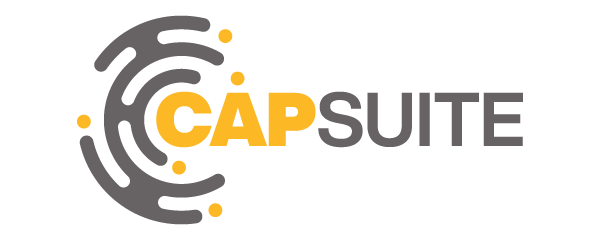How to Choose an ERP System for the Wholesale Trade Industry?

1. Supply Chain Management System
The efficiency of a company's operations should not be measured by the strength of its most efficient departments alone but rather by the ability of even the most ordinary departments to perform efficiently. The same principle applies to supply chain management. Instead of focusing on enhancing the efficiency of one or two departments, it is important to ensure that the entire system can meet the needs of all departments. For example, the procurement department should have accurate inventory figures to prevent stockouts while maintaining optimal inventory levels to avoid backlogs. A suitable ERP system should be able to fulfil the requirements of various departments and improve overall efficiency.
2. Customer Resource Management
Customers have more choices than ever in the highly competitive wholesale trade industry, leading to lower customer loyalty and potentially longer sales cycles. When selecting an ERP system, it is important to consider whether it can integrate with a CRM system. This integration allows for understanding customer project requirements, quotations, orders, and shipping processes to provide customers with a positive experience and enhance customer loyalty.
3. Financial Control Capability
Effective financial control and utilisation are crucial in the wholesale trade industry, with a wide range of product categories and high transaction volumes. Financial control includes managing the entire system, including order management, shipping, procurement, inventory, and fund utilization. A comprehensive system for managing and controlling these aspects allows for a better understanding of the effectiveness and appropriateness of fund utilization. In summary, if you are in the wholesale trade industry and are considering an ERP system, it is essential to consider the above three points. Otherwise, you may end up choosing an ERP system that is not suitable, resulting in a negative impact on operational efficiency. Even if the system may not initially meet all of these requirements, it is important to assess its customization capabilities and ensure that it can be tailored to align with industry needs closely. If you have any questions, please get in touch with us or schedule a consultation to obtain the latest market information.
TAGS
-
#

